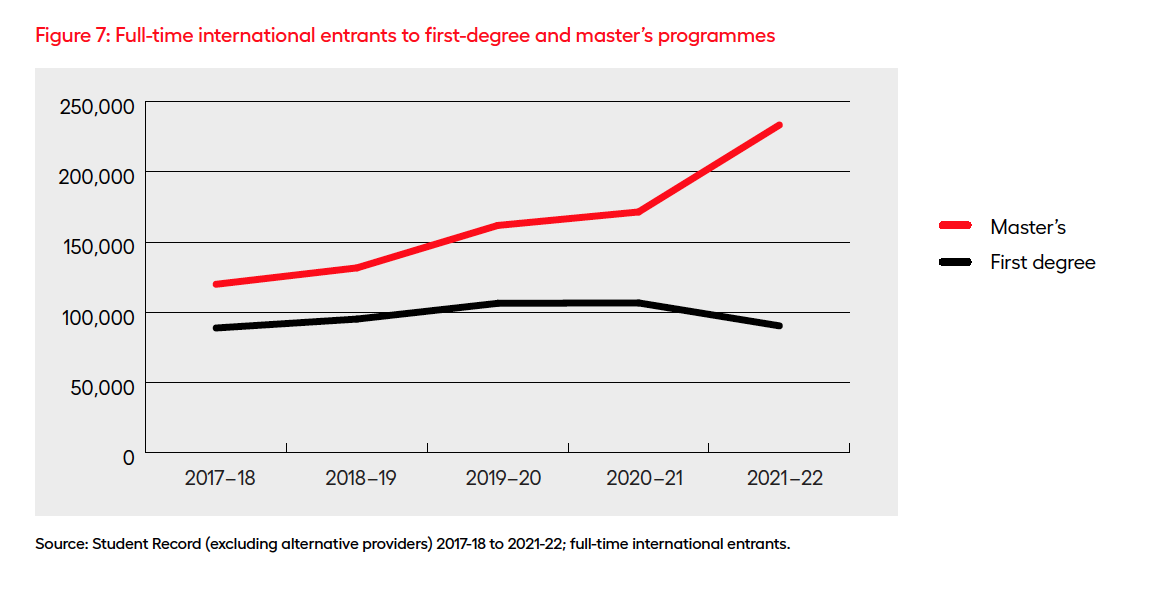Female students “exploited” by Canadian employers
Female international students in Canada need more support to prevent exploitation by employers, a new report has recommended.
Ontario-based non-profit Laadliyan interviewed 33 women, the majority of whom were South Asian, about their experiences as international students in the province’s Peel region.
The organisation found that some of the “most horrific experiences” the women encountered were in the workplace, with interviewees reporting incidents of exploitation, discrimination and harassment.
Examples of exploitation included withholding wages, not being allowed breaks, and travelling long journeys to work only to be turned away due to lack of shifts.
One student said she was paid under minimum wage at a restaurant job and she never received her earnings on time.
“We would ask them constantly for 2-3 weeks to give us our payment because we had to pay for rent and fees, but they still would not pay us on time,” she said.
The report found there was “insufficient” support from institutions to help international students find safe and suitable work, opening students up to exploitation.
The Canadian government removed the restriction on the number of hours international students are permitted to work in November 2022.
But some students said they were “looked down upon” by professors for working long hours.
Students also reported harassment in and outside of the workplace, with incidents of “unsolicited physical touching and sexual advances, and demands of sexual favours by employers, co-workers, landlords and strangers in public”.
None of those who experienced harassment had reported it.
Other students had been victims of fraud when trying to navigate Canada’s immigration system.
One student said, “I studied and paid money to a lawyer for a work permit. He took $9,000 from me, and disappeared. I know nothing about where he went.”
Manvir Bhangu, founder and executive director of Laadliyan, said these experiences are “common” among international students but that young women from the South Asian community are particularly vulnerable due to “cultural norms and expectations”.
“Women are often taught to respect men and not air their dirty laundry which is keeping many of these women from reporting their abuse,” she said.
“This is the first time many of them have stepped outside of their homes and are living alone”
“They are also more impressionable as this is the first time many of them have stepped outside of their homes and are living alone.
“For the male students, there is also employment exploitation but they may be more likely to share it with their other friends or stand up for themselves in such situations,” Bhangu added.
The report listed a number of recommendations for students and employers, such as more transparency among employers, including “clear and comprehensive employment contracts”.
It also recommended more employer training on racism, discrimination and harassment, as well as a drive by institutions to raise awareness of support services in place for international students.
The post Female students “exploited” by Canadian employers appeared first on The PIE News.


